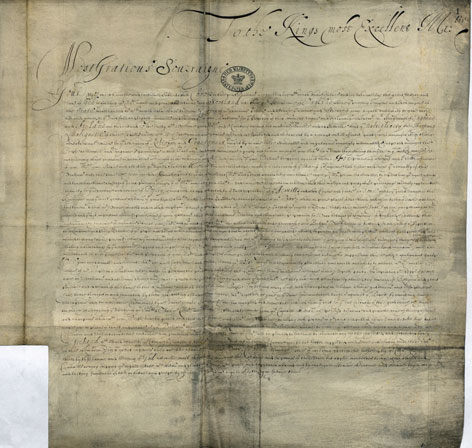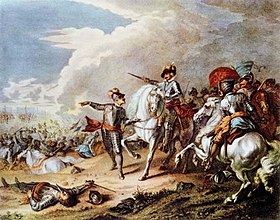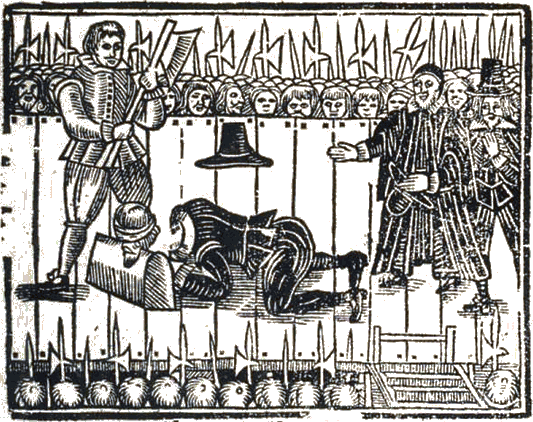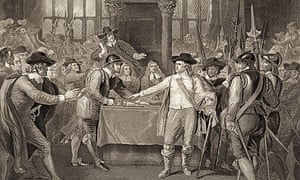English Civil War
Causes
Charles ruling not according to the law was the most significant cause of the English Civil War. If he had ruled according to the law, there would have been no Court of Star Chamber and no wrongly given punishments, which was what angered many people. He also wouldn’t have obtained money without Parliament’s consent, and his advisors wouldn’t have been unpopular. With all of these things happening, Parliament would have had no problems or issues with Charles, and then no reason to pass the Grand Remonstrance, with there also being no invasion of the House of Commons, and overall no civil war.
Components
The three most significant components of the Civil War are The Battle of Naseby, the forming of the New Model Army , and the Battle of Marston Moor. I chose the Battle of Naseby because it was a key battle of the civil war and a key part of the path to victory for the Parliamentary army, so the Royalist cause was hopeless after the battle was won, and there was no way Charles could win the war. I chose the forming of the New Model Army because it greatly changed the Parliament forces and gave them much more discipline, skill and strength, and they may not have won the civil war without this change in their army. I chose the Battle of Marston Moor because it allowed the Parliamentary army gain control of the North, giving them more territory and cutting off the Royalists from their Scottish reinforcements, which weakened the Royalists greatly.
Consequences
The most significant consequence of the Civil War is the execution of Charles. As Charles was killed, it shocked many in England as the realization reached them. England then had no ruler, and it became a republic, which drastically changed England, and would not have been possible without the death of Charles.
Cromwell and the Republic
The Instrument of Government appoints Cromwell Lord Protector and the Blue Laws being imposed are the most significant events of the time of Cromwell and the Republic. The Instrument of Government appointing Cromwell Lord Protector was significant because this greatly changed the governmental structure of England, and gave Cromwell total control of England. The Blue Laws being imposed is significant because it angered many people and caused many citizens of England to dislike Cromwell being ruler. It also showed them that Cromwell was becoming much like Charles, which was exactly what they did not want. Without these happening, there may have been less unrest in England, and it may have stayed as a Republic, with people happy with Cromwell.
Charles II and Restoration of the Monarchy
Parliament establishing Charles II as a constitutional monarch is the most significant event of the Restoration of the Monarchy. If Parliament did not establish Charles II as a constitutional monarch, England would most likely have stayed as a republic, and their entire history would be different since then. This would have changed the course of the English Revolution greatly, and the other events of the Restoration would not have happened.
James II and the Glorious Revolution
Parliament inviting William and Mary to become king and queen of England, and James II abdicating the throne are the most significant events of the time during James II’s reign and the Glorious Revolution. Parliament inviting William and Mary to become the king and queen was significant because this changed the royal bloodline and allowed them to be rid of James, because without doing so, Parliament would be stuck with James or have to revert back to a Republic. It also made sure there would be no more Stuart kings to cause problems. James II abdicating the throne was significant because it got to what Parliament wanted quickly and without having someone die, and this was far better than any war or argument, and possibly saved many lives from being lost.





